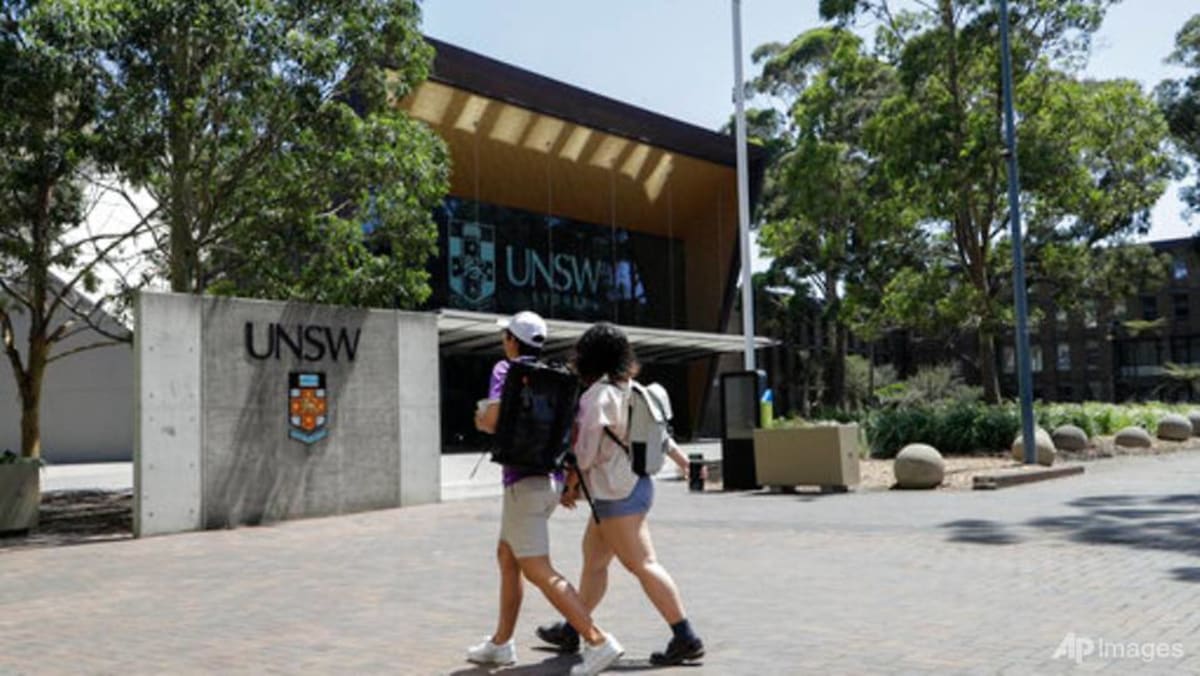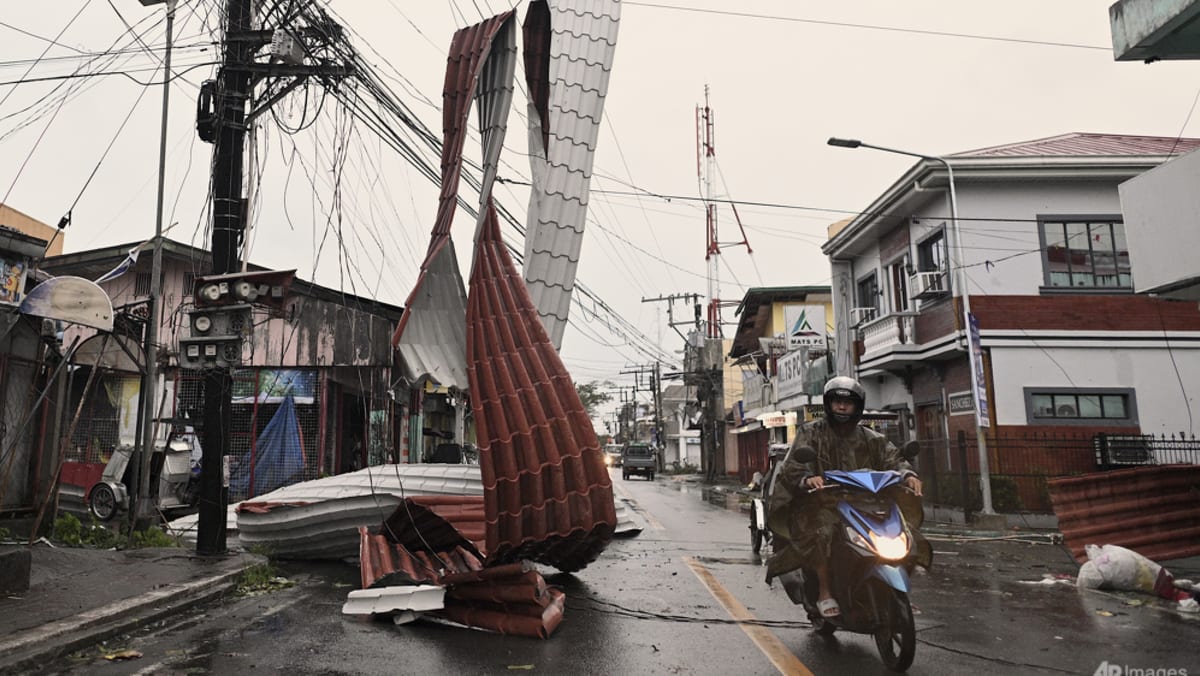Commentary: International students from China risk being scapegoats for Australia’s housing crisis

Australia’s housing crisis is being widely reported on Chinese social media. Students are actively talking about difficulties with accommodation and are worried about arriving without first securing a bed. One student’s post directed towards the Chinese government, “Are you asking us to sleep under the Sydney Harbour Bridge?”, attracted hundreds of reactions.
At a recent Senate estimates hearing, the Department of Home Affairs confirmed there had not been a significant spike in visa applications since the Chinese government’s announcement. A full return of students to Australia’s universities is not expected until later in 2023.
MYTH 2: ALL THESE STUDENTS CAN AFFORD INNER-CITY APARTMENTS
Survey analysis by global education services provider Navitas recently found the cost of study has risen from the fifth-most-important consideration to the second-most-important consideration for Chinese students deciding where to study abroad.
While some students may be able to afford top-price inner-city living, many can’t. And many of those who are already here are struggling with the cost of living. As one student posted:
“It already costs so much for us to pursue studies in Australia but now it costs much more to afford basic needs. Already on loan and not all of us students come from rich families. I hope this is raised and some help is offered to those of us who are struggling.”
The cost of living in the inner city is leading students to seek advice online from their peers in Australia about living in suburbs further away from campus. There is a need for information to be provided to these students about alternative suburbs, including travel times and facilities, along with reassurances about safety and cost.
MYTH 3: STUDENTS CAN WALK INTO PROPERTIES
International students who have not been in Australia for the past few years lack the rental and financial history that landlords require. Online, students talk about feeling discriminated against, with landlords considering them “high risk”.
Source: CNA















